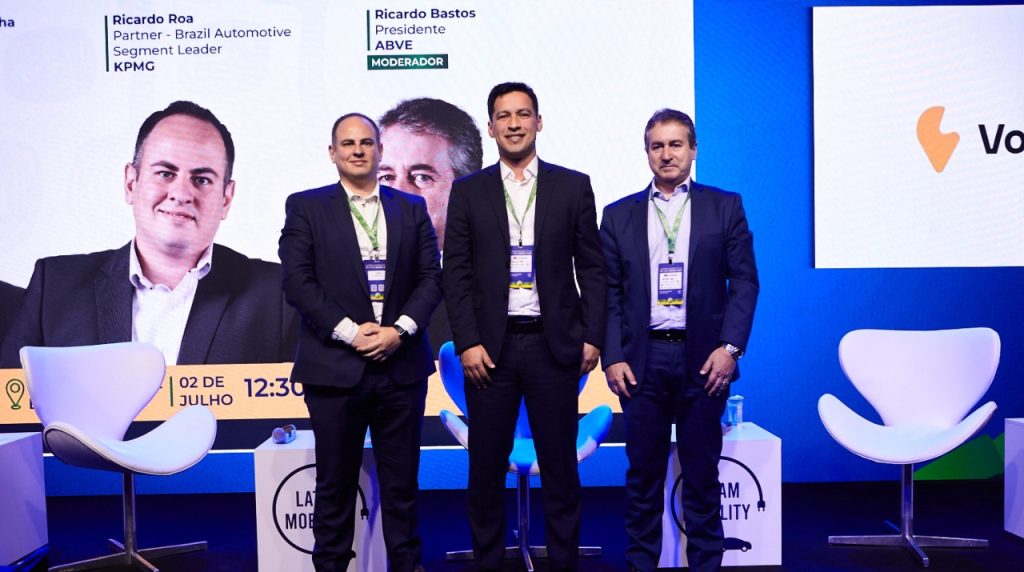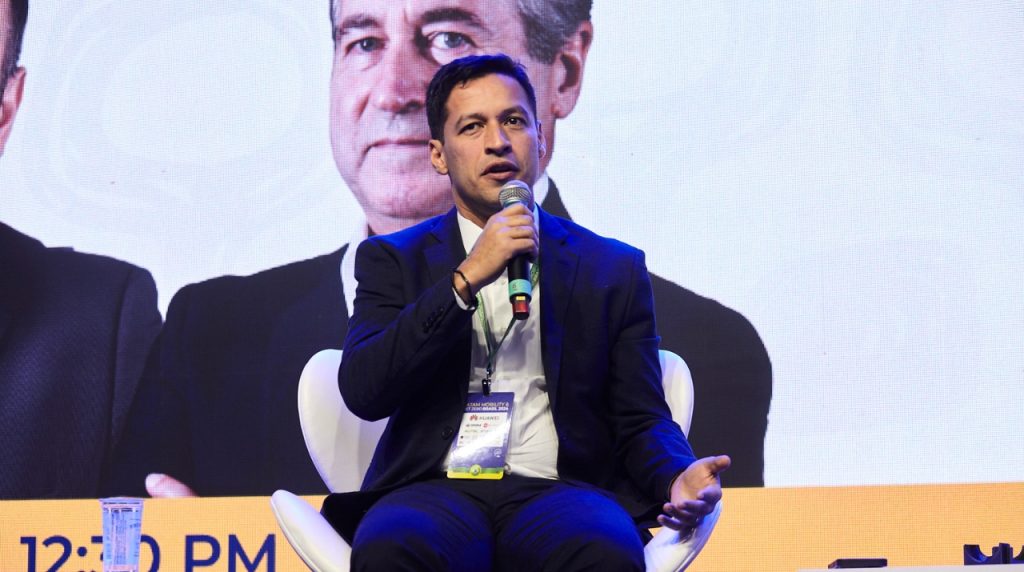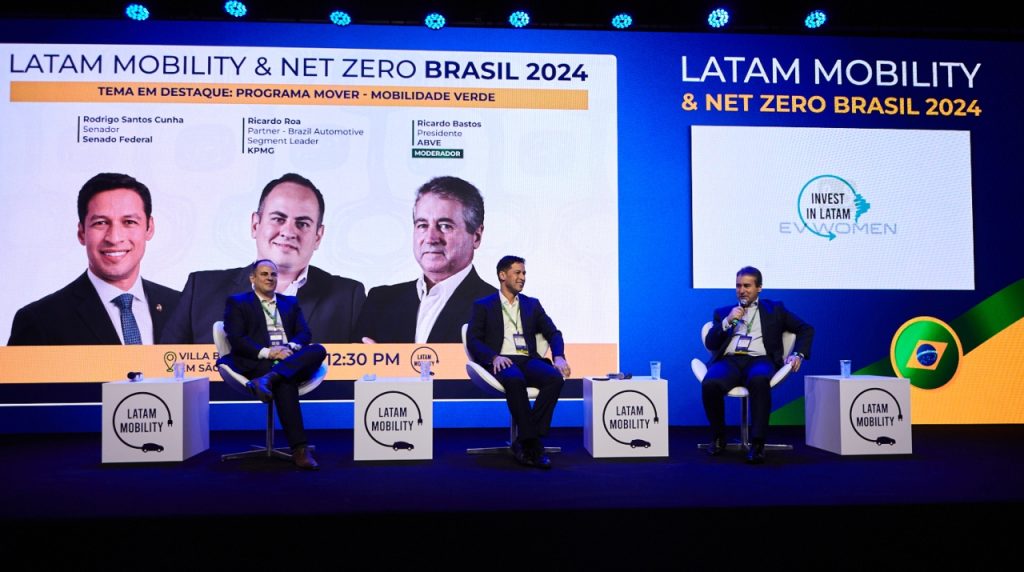
Federal Senate of Brazil and KPMG Present the “Mover Program” at the Latam Mobility Summit

The Latam Mobility: Brazil 2024 featured the keynote presentation “MOVER Program – Green Mobility”, in an innovative format with the participation of the public sector with Senator Rodrigo Santos Cunha and Ricardo Roa, Brazil Automotive Segment Leader of KPMG.
Roa pointed out that the participation of the public sector is fundamental for the energy transition in the country and the region. “The participation of the national congress and the complementation of the federal government is key to advance electrification.”
In that sense, Senator Santos admitted that talking about electromobility and technology in Congress, with great expectations in the future, has not been easy. “In politics when talking about climate or someone who defended this environmental issue not long ago was seen as the boring echo.”
“The climate issue is seen as something on the agenda and something that will come up in the next elections, not only presidential, but state and local, so it is an issue of the moment, and that is why I was excited when I talked to our vice president and Minister of Industry, Development and Trade, Geraldo Alckmin, last year, when I saw that he wanted to continue the program I was working on and take it forward, the Route 2030,” the legislator explained.

He highlighted the launching of the mixed front between the Senate and the electromobility chamber, an instance that was founded three years ago.
Santos considers spaces such as the Latam Mobility Summit to be fundamental, as they bring together all the sectors involved in the energy transition.
Impact of KPMG
Roa outlined his experience in the sector by highlighting that he has been working with the automotive sector since 2011. “When we talk about electric buses Brazil is a great symbol because the country was once a big exporter of diesel buses and combustion buses in general, and it has to become a big exporter of electric buses as well. I think we have to move in this direction.”
He assured that Brazil has a great potential for evolution in the mobility transition with great possibilities for improvements and changes in public policies aimed at the sector.

He highlighted the tax incentives in the country that offers facilities to companies that want to set up.
“There is a specific way to actually bring technological development projects to install their plants here in Brazil, or a production line, or a production chair with specific incentives for this, or a third way in which the company that does not produce will not produce, but will develop some products for the global value chain, and what these ways mean is a very broad specific incentive of at least 50% of the amount you invest in R&D,” he explained.





